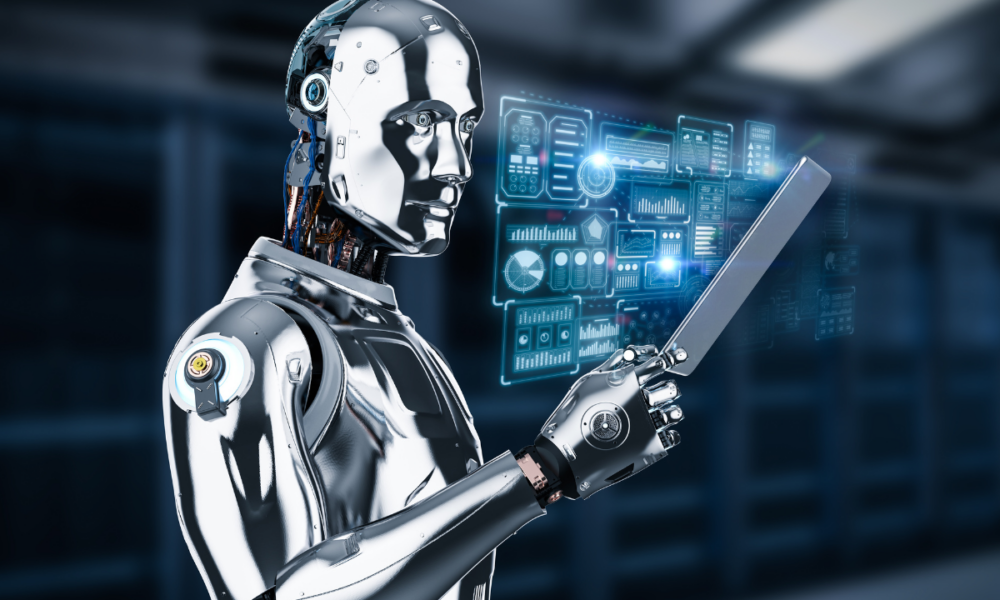It seems that barely a day goes by without Artificial Intelligence (AI) making a splash in the news as these types of technologies continue to develop at a rapid pace.
For several years now there has been much speculation about what the increasing capability of AI systems might mean for the future of work, the job market and for the personal prosperity of hundreds of millions, if not billions of people, eventually. Some of the latest research and analysis has helped to firm up more precisely what some of the impacts may actually be.
Generative AI, that is technology that is able to create content which is indistinguishable from human work, is where some of the most major changes may happen. This includes AI technologies such as ChatGPT and Bard.
The impact of AI will be felt differently across economic sectors. For example, 46% of tasks in administrative and 44% in legal professions may be automated, but only 6% in construction and 4% in maintenance.
This analysis is contained in a new report from leading investment bank Goldman Sachs. It goes on to say that overall AI could replace a quarter of work tasks in the US and Europe but may also mean new jobs and a productivity boom.
Potentially, AI could eventually increase the total annual value of goods and services produced globally by 7%. All in all, AI could replace the equivalent of 300 million full-time jobs, the report says.
Governments and businesses around the world are contending with imbalances between workers and jobs. The contrast between developing and developed economies is stark. Developing nations have more people seeking work than there are jobs. However, in developed countries, for many companies the problem is finding people with the right skills.
Whatever the problems for developed economies such as G7 nations, or APAC economic leaders such as Australia and South Korea, consider the challenge facing the government of India.
When the Mumbai police force was hiring for 8,000 posts recently, there were 650,000 applicants! This is part of a migration pattern within India being driven by the collapse of rural incomes which is forcing younger people to move off the land and go to the cities to seek jobs and improve their prospects.
This phenomenon mirrors the experience of China and its ‘economic miracle’. Between 1984 and 2004 some 200 million people moved from the countryside to Chinese cities. Up to 2020 as many as 300 million followed them. That’s a staggering half a billion people moving in about 35 years!
With AI set to disrupt so many ‘white collar’ and knowledge jobs, companies and their recruitment partners need to be proactive if they are to move with the times. Don’t wait for AI to disrupt your agency’s business before you react.
Here are some action points for you and your clients to get started with today:
Ultimately, AI is an opportunity for agencies. Developing strong messages around managing the increasing influence of AI on work is the basis for a strategic marketing campaign that could help your agency win more business.
The automation features of ETZ RecTech tools promote efficiency and have paved the way for the emergence of sophisticated AI NLP search and selection tools that are emerging to power the front side of agency operations.
ETZ’s leading timesheet and invoicing solution streamlines the back office processing of your recruitment agency. Our complementary solutions, ETZ Comply for onboarding and document management and Caspian for business intelligence give agencies further capability to streamline and uncover opportunities. To find out more, call us on 0800 311 2266 or book a demo.


Releasing the potential for growth Technology has proved transformative to the recruitment industry, with its benefits most strongly felt by...
Read more

Stimulating the job market and increasing opportunities for recruiters There is much speculation about the UK Budget scheduled for 30...
Read more

AI developing at astonishing pace To say that the recent rise of AI has been meteoric would be to do...
Read more